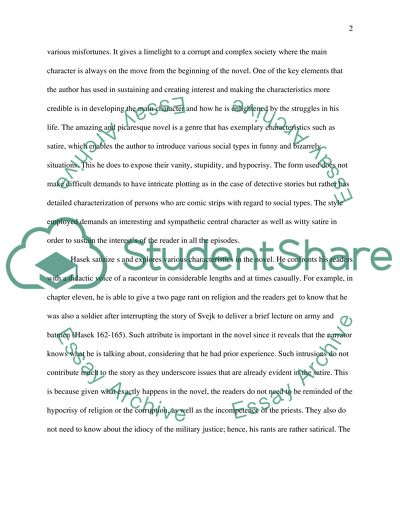Cite this document
(“The Good Soldier Svejk Analysis Essay Example | Topics and Well Written Essays - 1500 words”, n.d.)
Retrieved from https://studentshare.org/history/1672612-the-good-soldier-svejk-analysis
Retrieved from https://studentshare.org/history/1672612-the-good-soldier-svejk-analysis
(The Good Soldier Svejk Analysis Essay Example | Topics and Well Written Essays - 1500 Words)
https://studentshare.org/history/1672612-the-good-soldier-svejk-analysis.
https://studentshare.org/history/1672612-the-good-soldier-svejk-analysis.
“The Good Soldier Svejk Analysis Essay Example | Topics and Well Written Essays - 1500 Words”, n.d. https://studentshare.org/history/1672612-the-good-soldier-svejk-analysis.


